This article will discuss the benefits of multivitamins for the skin. Multivitamins can provide essential nutrients to the skin, which can help to promote a healthy and radiant complexion. By providing the skin with the nutrients it needs, multivitamins can help to reduce the signs of ageing, improve skin texture, and protect against environmental damage. So, if you’re looking to improve the appearance of your skin, adding a multivitamin supplement to your daily routine might be the solution you need.
Vitamins and Minerals – The Difference
Vitamins and minerals are organic and inorganic substances crucial in maintaining various body functions. These essential micronutrients involve several physiological processes, such as metabolism, immune function, growth and development, and bone health. Vitamins are important organic compounds that our body cannot produce sufficiently. Hence, we need to obtain them from our diet or supplements. There are 13 vitamins, each of which has a unique function in the body. For instance, vitamin C is necessary for collagen synthesis, while vitamin D is crucial for calcium absorption and bone health.
On the other hand, minerals are inorganic substances required in small amounts for various body functions. There are two types of minerals: macrominerals and trace minerals. Macrominerals, such as calcium, magnesium, and potassium, are required in more significant amounts, while trace minerals, such as iron, zinc, and copper, are needed in smaller quantities.
Regular intake of vitamins and minerals is essential for maintaining optimal health. Inadequate intake of these essential nutrients can lead to several deficiencies and health problems. Hence, it is vital to consume a balanced diet that includes a variety of nutrient-dense foods to meet our daily recommended intake of vitamins and minerals.
Why Should I Take Multivitamins?
In today’s fast-paced society, it can be challenging to prioritize our health. Planning a well-balanced meal and ensuring we get the recommended daily intake of fruits and vegetables can be daunting. According to research, only 28% of adults consume the recommended five servings of fruits and vegetables daily. These foods are a significant source of essential micronutrients, indicating that many adults may face deficiencies.
Our bodies need a certain amount of each vitamin and mineral to function. The Reference Nutrient Intake (RNI) suggests the amount of each nutrient we should aim to obtain daily. Obtaining adequate amounts of each micronutrient allows for energy production, immune function, bone health, and support for a healthy cardiovascular system.
In pursuing a radiant complexion, the role of multivitamins in promoting skin health cannot be overstated. These comprehensive supplements offer a convenient and effective way to bolster your skin’s well-being by providing essential vitamins and minerals contributing to its overall vitality.
A healthy, balanced diet is always recommended for obtaining as much of your recommended daily micronutrient intake as possible. However, supplements are an easy way to ensure we meet our needs and reduce the risk of nutritional shortfalls.
Healthspan Multivitamins & Supplements
Click Here For More Details
What Are the Benefits of Multivitamins?
Vitamins and minerals are substances your body needs to survive, grow, and work the way it should. Different vitamins and minerals have varying benefits, affecting everything from your nerves and bones to how well your blood clots.
A balanced diet with plenty of vegetables, fruits, and whole grains should provide the necessary vitamins and minerals. But if you can only eat healthy meals sometimes, taking supplements might help.
Here are some potential benefits of taking multivitamins:
- Nutritional Support: Multivitamins provide a convenient way to ensure you get essential vitamins and minerals that may be lacking in your diet.
- Skin Health: Certain vitamins, such as A, C, and E, promote healthy skin. They can help fight oxidative stress, support collagen production, and contribute to a radiant complexion.
- Boosted Immunity: Vitamins like C and D are vital in supporting the immune system, helping your body fend off infections and illnesses.
- Increased Energy: B vitamins, such as B6 and B12, are essential for converting food into energy, potentially reducing feelings of fatigue.
- Improved Cognitive Function: Some multivitamins contain nutrients that support brain health, contributing to better cognitive function and focus.
Vitamins and minerals play a crucial role in maintaining optimal bodily functions. These essential substances aid the human body’s growth, survival, and regulation. Different vitamins and minerals serve distinct purposes, affecting various physical systems, such as the nervous and skeletal systems. Additionally, they contribute to the proper functioning of blood clotting mechanisms. Ensuring the human body receives an adequate supply of these vital nutrients is imperative to maintain optimal health.
The ABCs of Radiant Skin: A, C, and E
Vitamins A, C, and E emerge as skincare superheroes within multivitamins. Vitamin A, renowned for promoting skin cell turnover, contributes to a smoother and more youthful appearance. Meanwhile, vitamin C is a powerful antioxidant, shielding the skin from the damaging effects of free radicals and supporting collagen synthesis for improved elasticity. Vitamin E complements this duo by nourishing the skin and combating oxidative stress, acting as a natural defender against premature aging.
Guardians of Glow: Antioxidants for Healthy Skin
Multivitamins are packed with antioxidants that protect your skin and help to keep it’s radiant glow. These antioxidants neutralize free radicals, the culprits behind signs of aging and skin damage. By incorporating multivitamins into your routine, you equip your skin with the tools to fend off environmental stressors, leaving you with a luminous complexion reflecting your commitment to holistic skincare.
A Holistic Approach to Beauty: Beyond Multivitamins
While multivitamins contribute significantly to skin health, they are not a standalone solution. Integrating them into a holistic approach that includes a balanced diet, proper hydration, and a consistent skincare routine is crucial. Remember, the path to radiant skin involves more than just what you put on your face—it’s about nourishing your body from within. Consultation with a healthcare professional can provide personalised insights into your nutritional needs, ensuring your skincare journey is compelling and tailored to your unique requirements.
Healthspan Multivitamins & Supplements
Click Here For More Details
Why Is It Important To Take Vitamins Consistently?
In line with the recommended daily intakes for different nutrients, vitamin supplements are formulated with a recommended dosage. We must adhere to this recommendation to get the best results from the supplement. Likewise, following this guidance reduces the risk of harm associated with ingesting too much of a given nutrient.
Receiving a consistent supply of nutrients means we are slowly increasing the concentration of that nutrient within our bodies. Following a micronutrient deficiency, rebuilding the insufficient nutrients in the body may take several weeks. Forgetting your supplement on the odd occasion is unlikely to affect this, but consistently failing may ensure this process is completed on time. Furthermore, water-soluble vitamins such as C and B are not stored in the body; this means inconsistent supplementation of these nutrients may affect the supplement’s efficacy.
Benefits Of Supplementation To High-Risk Groups
Daily supplementation can significantly benefit the overall health and well-being of the general public. However, routine supplementation with vitamins and minerals may also be necessary for high-risk groups.
Women of childbearing age have a higher risk of iron deficiency. Older adults with an osteoporosis diagnosis may require higher levels of calcium and vitamin D beyond that which is available through diet. Similarly, vegetarians and vegans are more likely to be deficient in vitamin B12. Individuals with conditions that reduce the ability to absorb certain nutrients, such as Crohn’s disease, may also benefit from supplementation.
Individual Needs: Some people require different vitamins and minerals. It’s advisable to consult with a healthcare professional to determine your specific nutritional needs.
Conclusion on Multivitamins:
Vitamins and minerals are vital for optimal health and well-being. Without these essential micronutrients, our body’s physiological processes, including metabolism, immune function, growth and development, and bone health, can suffer. Unfortunately, research shows that many adults do not consume the recommended daily intake of vitamins and minerals.
Not taking the Recommended Dietary Allowance (RDA) can result in deficiencies and significant health problems. Therefore, it is crucial to prioritize a balanced diet that includes nutrient-dense foods and supplements to meet our daily recommended intake. Doing so can improve our energy levels, support a healthy cardiovascular system, and maintain optimal health. Please don’t wait until it’s too late to take action. Take control of your health today by ensuring you get the necessary vitamins and minerals your body needs to thrive.
Related Reading – What Is Double Cleansing & Is It Really Necessary
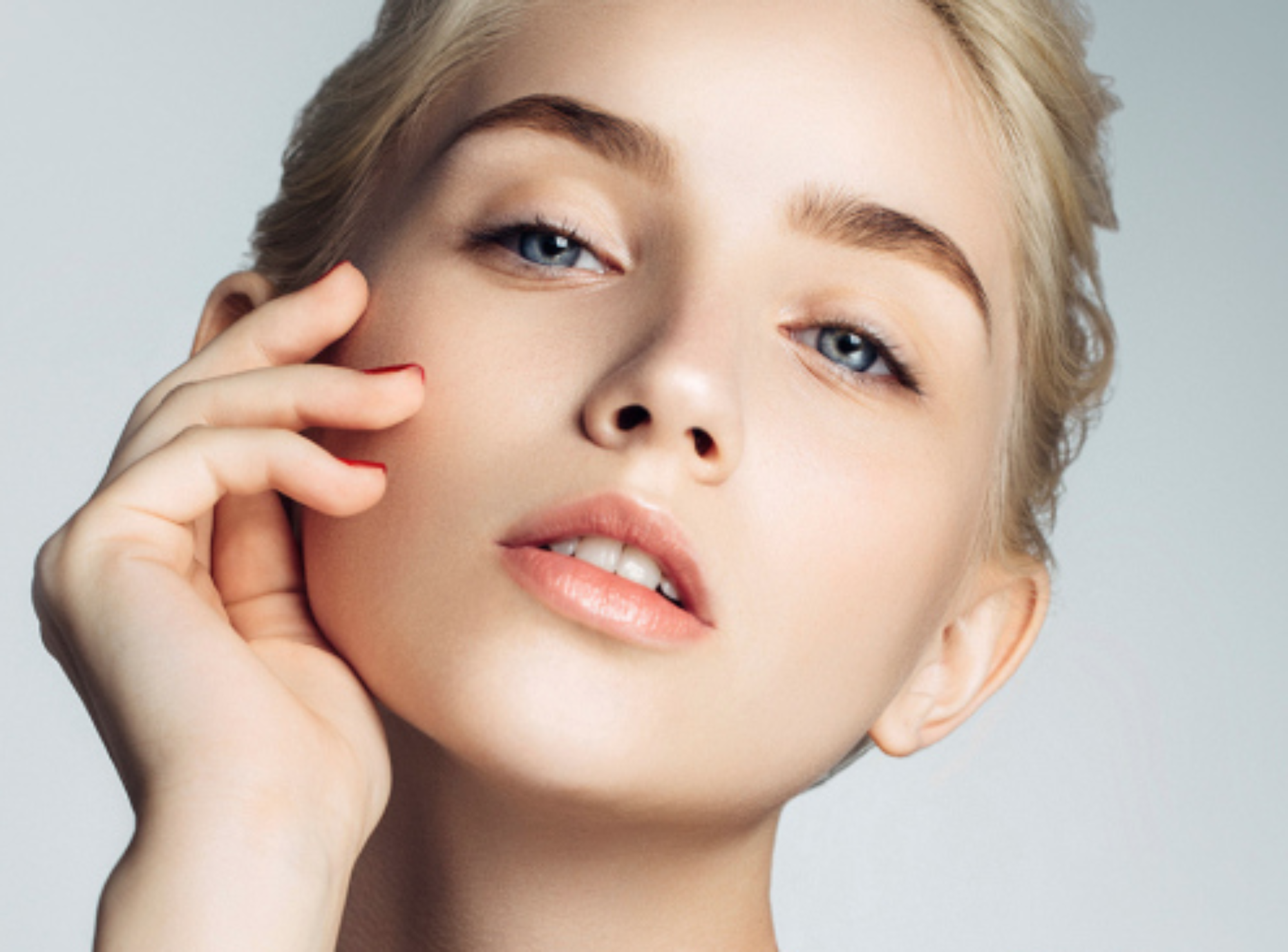
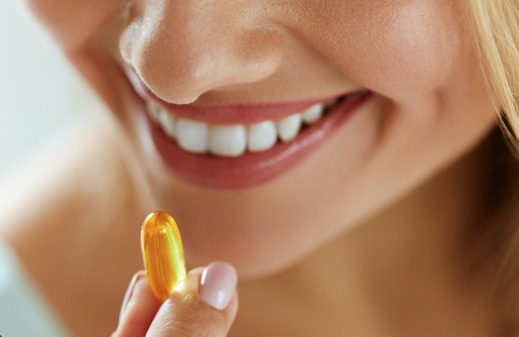


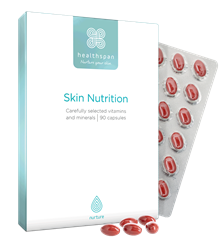
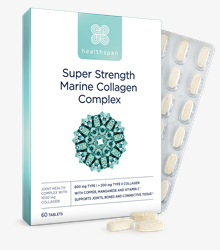
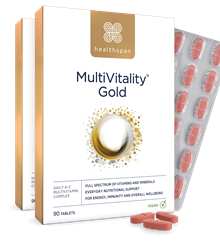






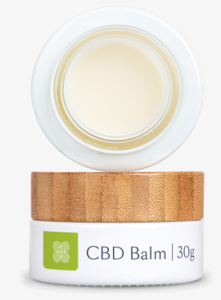
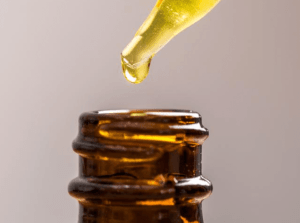

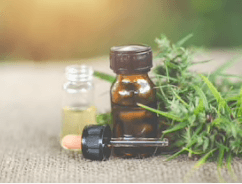
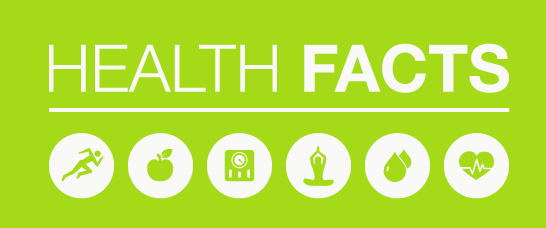


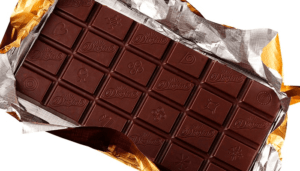
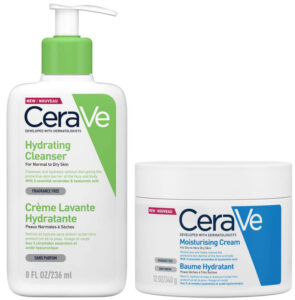
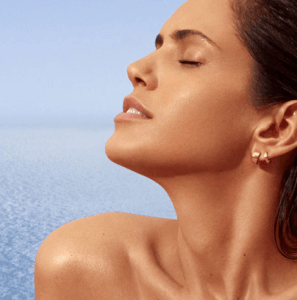

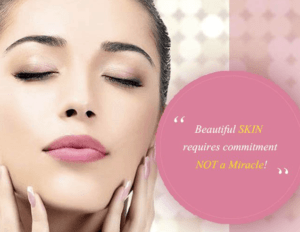
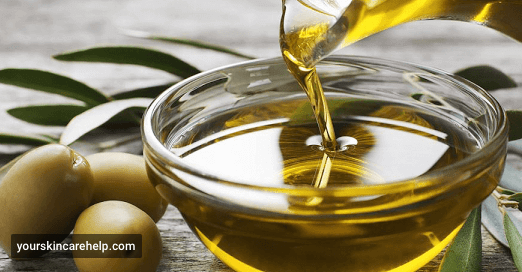
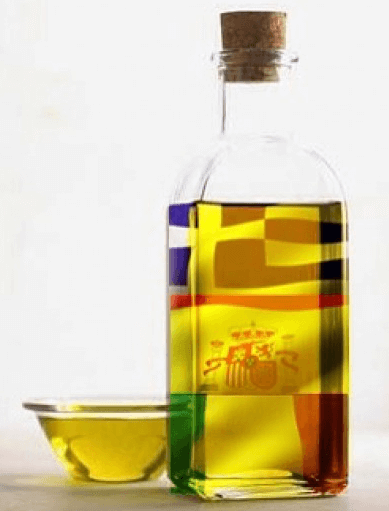
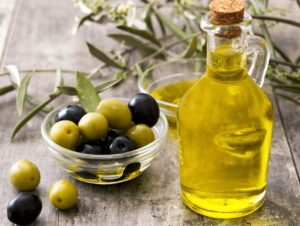
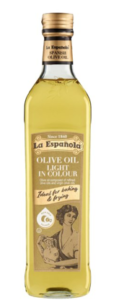

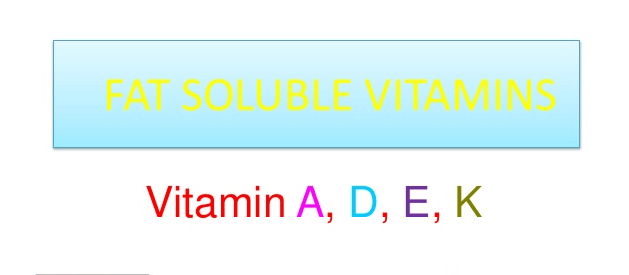
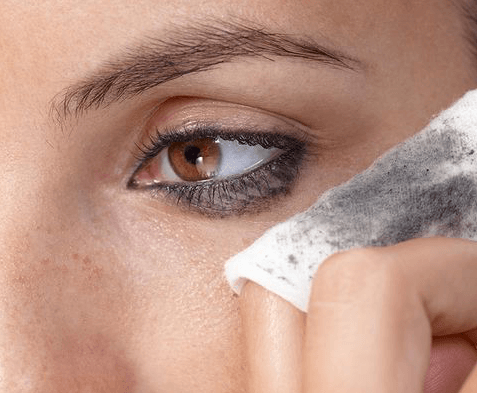
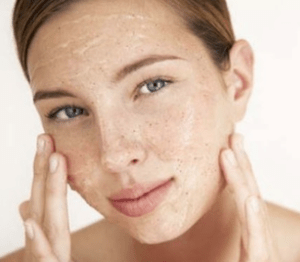



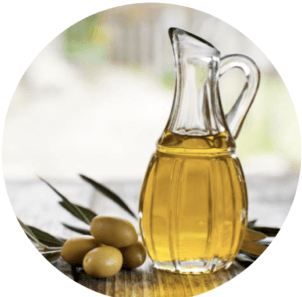

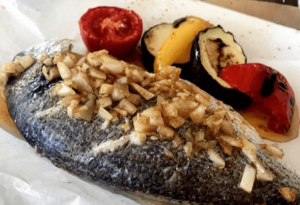 nutrients such as zinc and selenium. There is another less well-known anti-aging ‘star ’ to be found in ‘pink’ fish such as salmon, called astaxanthin. It is effective in reducing inflammation, boosting the immune system, diminishing wrinkles, improving skin elasticity and so improving your overall appearance.
nutrients such as zinc and selenium. There is another less well-known anti-aging ‘star ’ to be found in ‘pink’ fish such as salmon, called astaxanthin. It is effective in reducing inflammation, boosting the immune system, diminishing wrinkles, improving skin elasticity and so improving your overall appearance.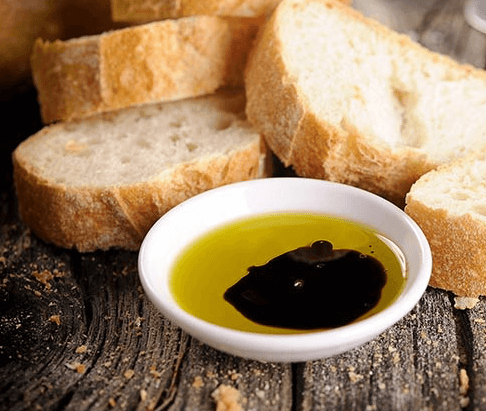
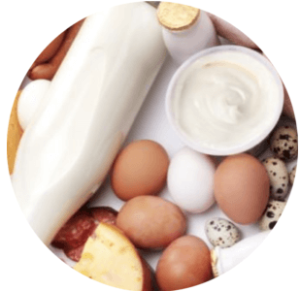

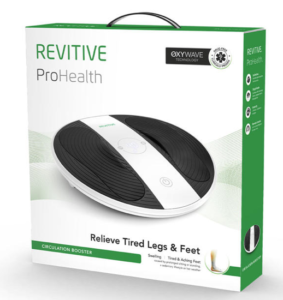



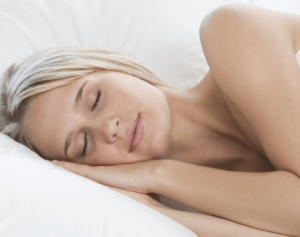
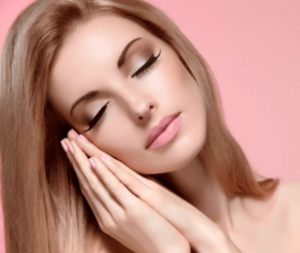
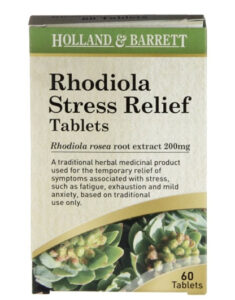


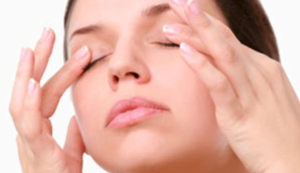
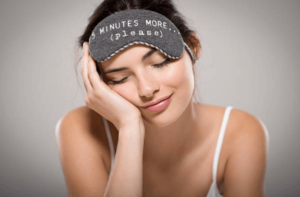
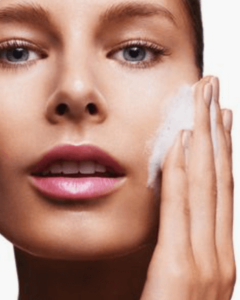
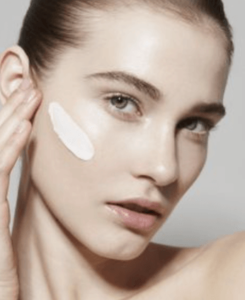

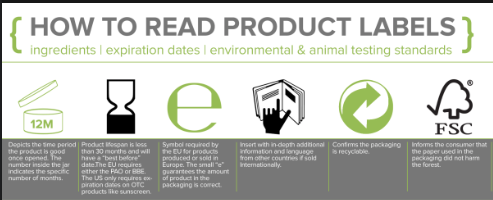







 I have always been an outdoors person, from my work to most of my hobbies you would rarely catch me indoors, no matter what time of the year it was or what the weather was doing.
I have always been an outdoors person, from my work to most of my hobbies you would rarely catch me indoors, no matter what time of the year it was or what the weather was doing.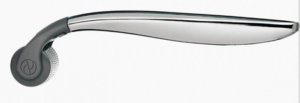
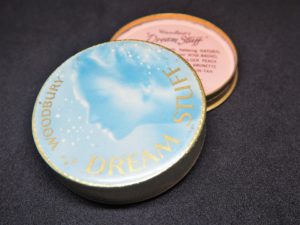 We take many things for granted in our lives and thankfully, most won’t have life-changing consequences.
We take many things for granted in our lives and thankfully, most won’t have life-changing consequences.